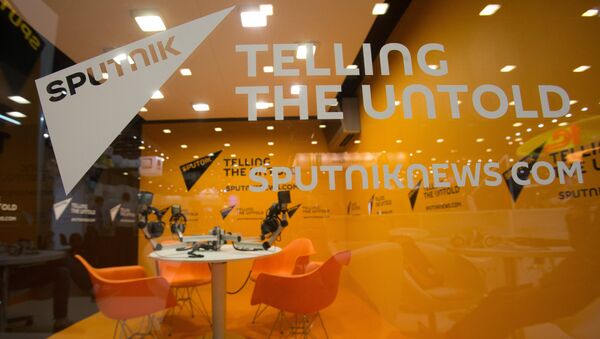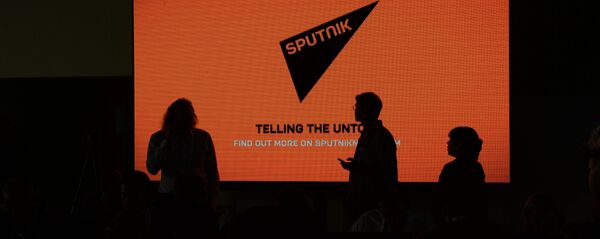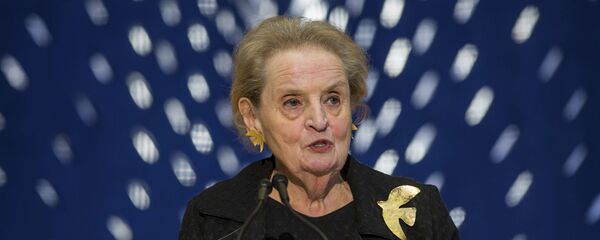"Drawing parallels between Russia and Daesh seems to me as quite a hostile step if one considers it as a message sent abroad… This is why Five Star Movement lawmakers did not support this resolution. You can analyze information dissemination mechanisms and the impact of other countries, but such analogies are unacceptable," Di Maio, a member of the Five Star Movement, told RIA Novosti.
The EU parliament's resolution said that Sputnik and RT posed a danger to European unity and called for extra European Commission funding for counter-propaganda projects. It also draws parallel between Russian media and the propaganda disseminated by the Islamic State, a jihadist group outlawed in Russia.
Russian President Vladimir Putin, commenting on the adoption of the European Parliament’s resolution on Russian media, congratulated RT and Sputnik journalists on effective work and stressed that this resolution indicated apparent degradation of the concept of democracy in the Western society. Putin also expressed hope that common sense would prevail and that there would be no actual restrictions against the Russian media.




